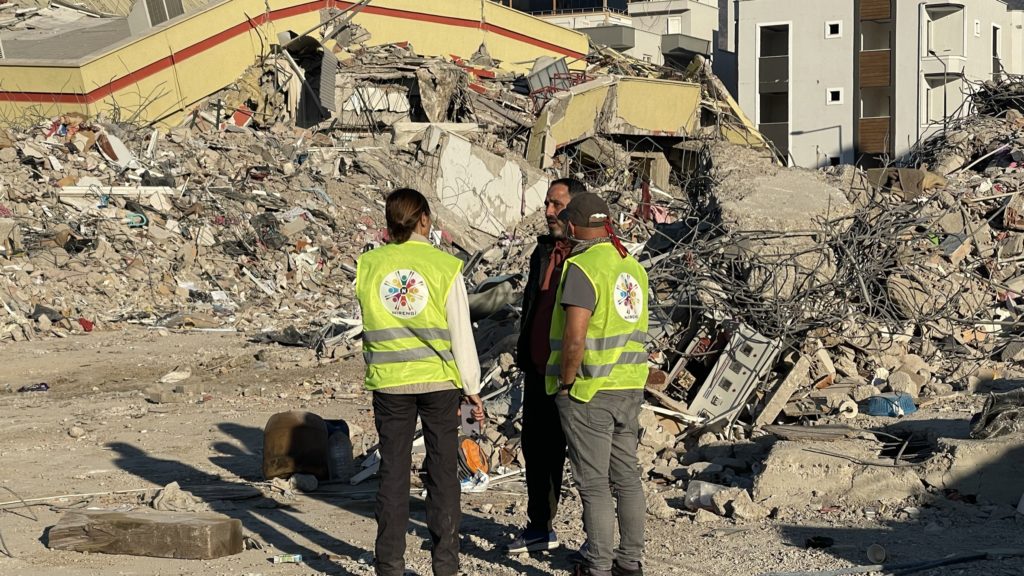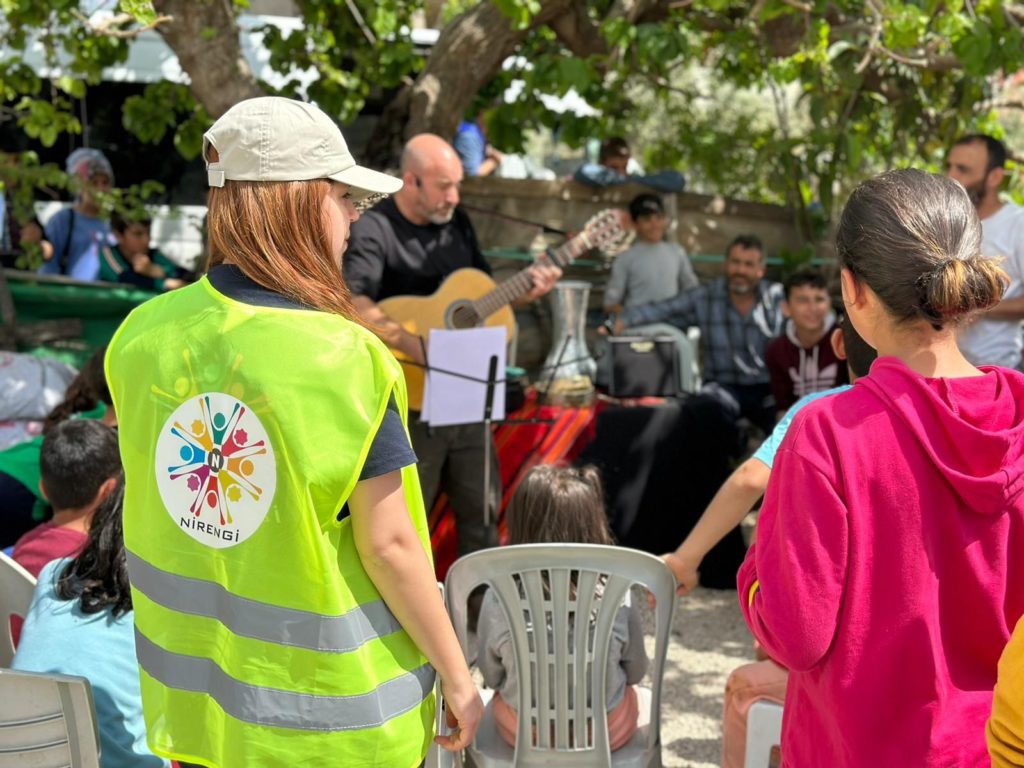Using the CHS amid an emergency: Lessons from the Türkiye earthquakes
In the wake of the devastating earthquakes that struck Kahramanmaras, Türkiye, on February 6, 2023, with magnitudes of 7.8 and 7.5, our world changed forever. These twin disasters, occurring just nine hours apart at the epicentre in Kahramanmaraş, laid waste to 11 provinces and had a profound impact on 15.2 million people, including 5.4 million children. An urgent call for help from the Turkish government resulted in a remarkable international response, with nearly 100 countries pledging assistance. Within the first week, our team from the Nirengi Association joined the response effort, witnessing a growing influx of staff and volunteers from diverse organisations.
Challenges in the humanitarian response
Despite the well-intentioned efforts and financial resources allocated to address this catastrophe, our experience on the ground revealed persistent challenges. Good coordination among organisations, meaningful participation by affected communities and people receiving quality, dignified assistance all remained unfulfilled aspirations.

Nirengi Association staff carrying out a needs assessment in the aftermath of the Kahramanmaras earthquake. Credit: Nirengi Association
The importance of the CHS in the aftermath of emergencies
Given my experience, I understand the importance of the CHS Commitments being well understood and applied from day one of any sudden onset emergency like these earthquakes. This is why I thoroughly welcome CHS Alliance’s initiative to develop the Applying the CHS: Lessons from Emergency Contexts Pilot Guide.
This new guide aims to support all organisations actively responding to sudden onset crises, especially those doing so for the first time, in meeting the Commitments of the CHS, so that they provide quality and accountable support to affected people.
The Pilot Guide offers several valuable benefits for responding to sudden onset disasters like the Kahramanmaraş earthquake. It provides a common framework for all responders, fostering better coordination and cooperation among organisations and individuals.
Moreover, it promotes the adoption of an accountability approach, enabling organisations to establish feedback systems, implement transparent reporting mechanisms, responsibly manage resources, and address the specific needs of affected communities. These concepts and practices may be novel, particularly for local organisations.
The Pilot Guide summarises lessons from Türkiye, as well as around the world in a clear and accessible way. It also incorporates real-life examples of best practices and lessons learned, demonstrating practical application of each of the CHS Commitments in emergency settings.

Nirengi Association staff carry out community work. Credit: Nirengi Association
Sharing our lessons for the future
I am honoured to have contributed to the development of the Pilot Guide, which will assist organisations involved in earthquake relief efforts in Türkiye and Syria. I also hope the guidance will provide support to those responding in Morocco and Libya right now and many more sudden onset emergencies in the future.
Accompanying the guidance is a set of two posters that summarise these lessons in one glance. One poster is for humanitarian workers – clearly letting them know their responsibilities in an emergency. The other is for crisis-affected people letting them know their rights and what they should expect. These clear and easy to read posters will be so useful to cut through the noise and speak directly to the people who need to hear these messages – in English, Turkish, Arabic, Farsi and Kurdish.
Keeping the momentum going
To maximize the impact of this new Pilot Guide, organisations, especially those with limited disaster response experience, require guidance and mentorship. Nirengi Association remains committed to supporting fellow organisations in Turkey and I hope that you reading this will do the same – please do share far and wide.
The Applying the CHS: Lessons from Emergency Contexts Pilot Guide sets a path toward quality and accountability in even the most pressurised humanitarian response. Instead of being discouraged by complexities, let us view them as opportunities to elevate our standards and improve outcomes for the people we assist.

